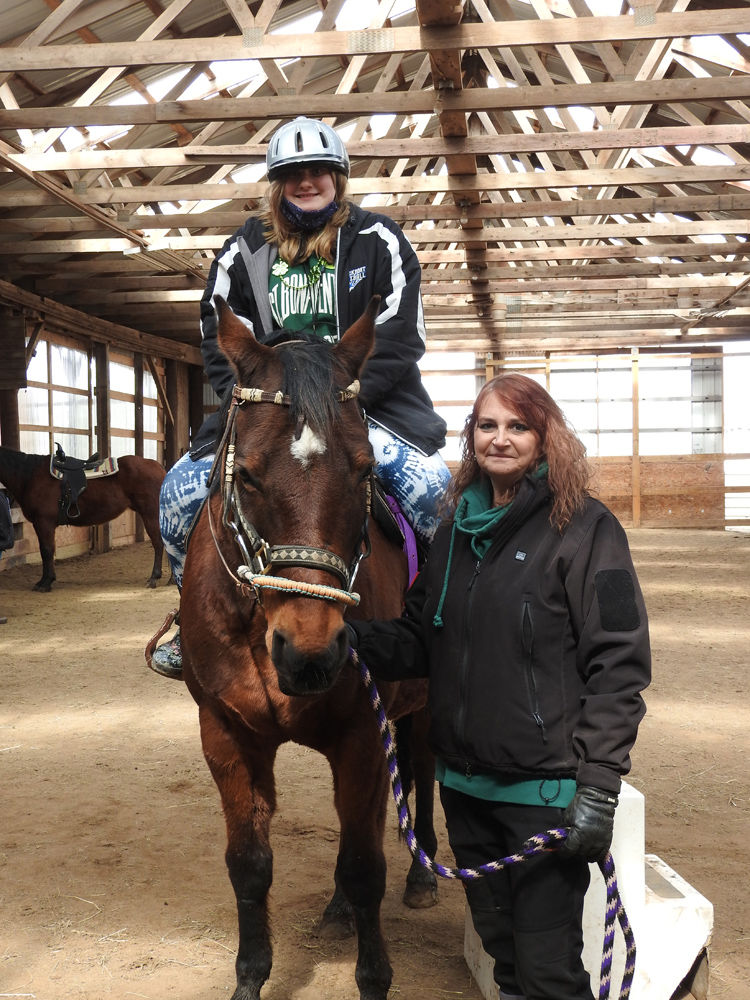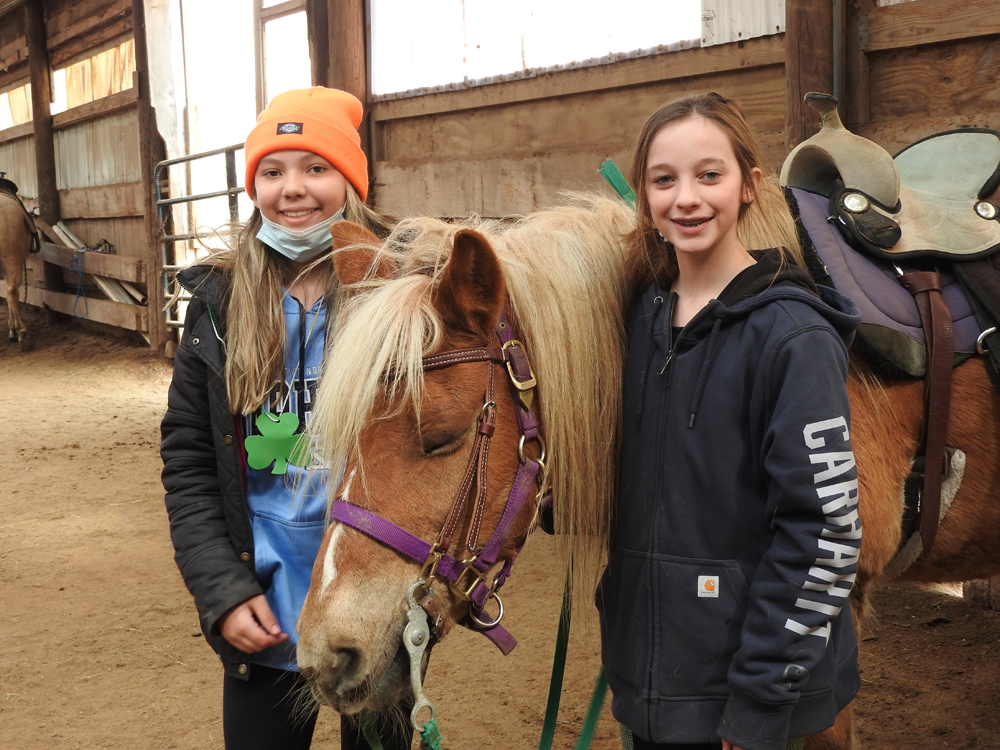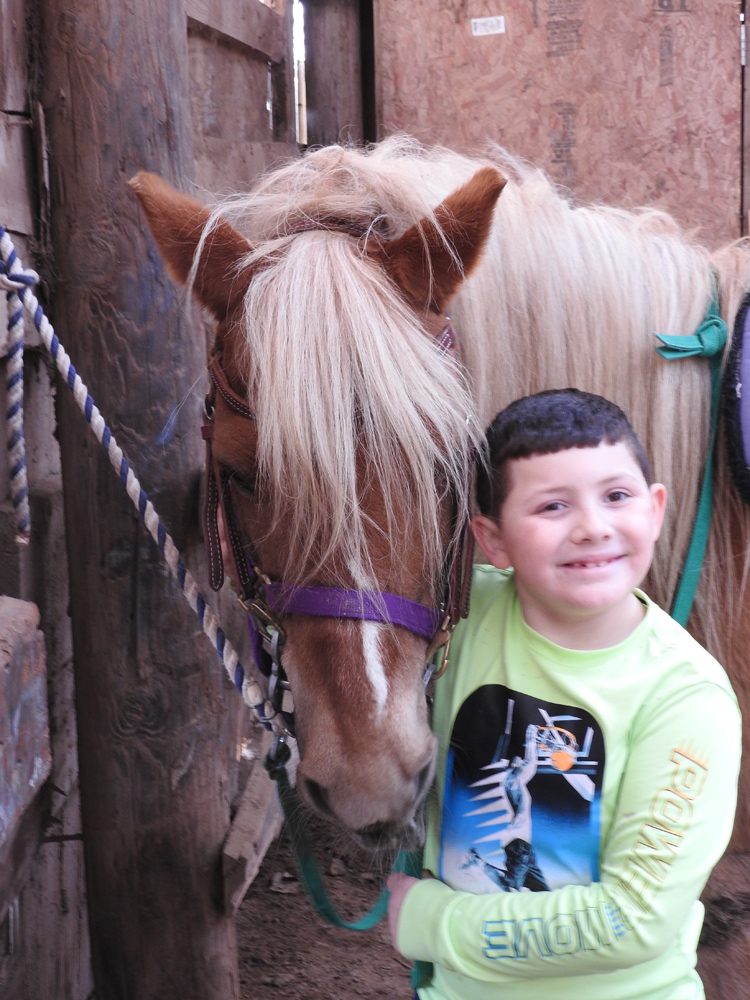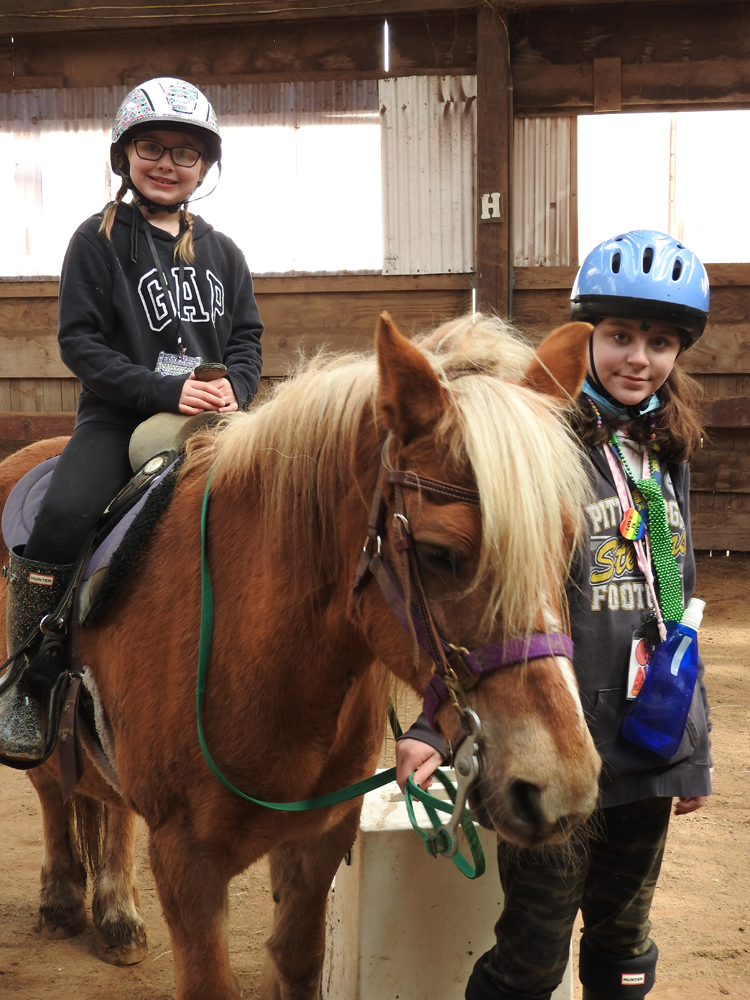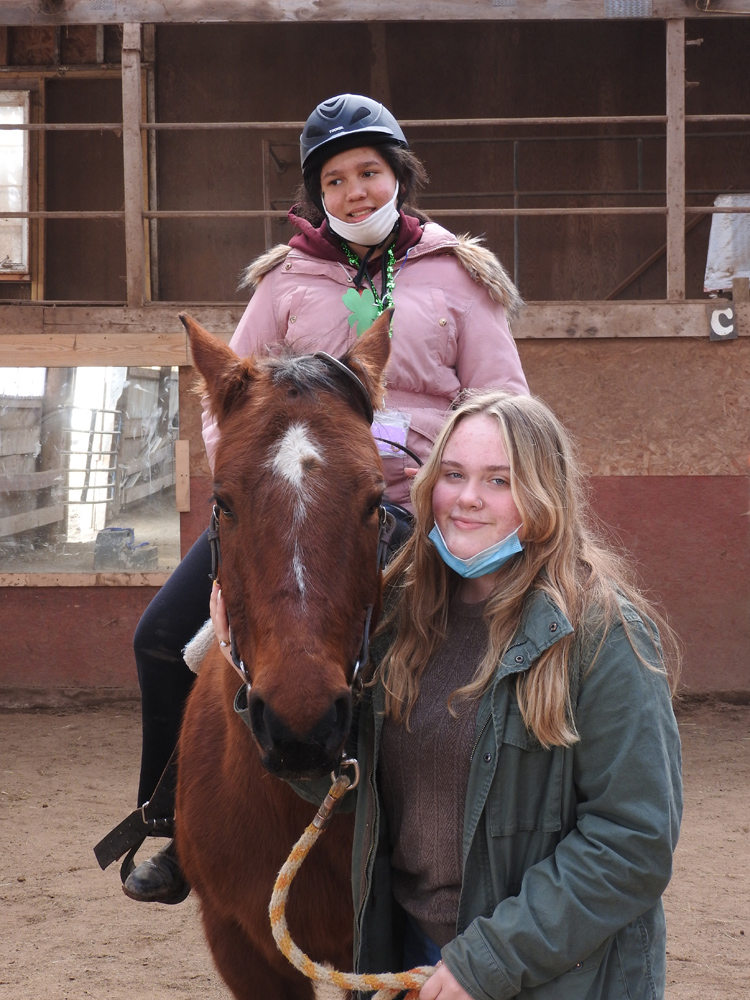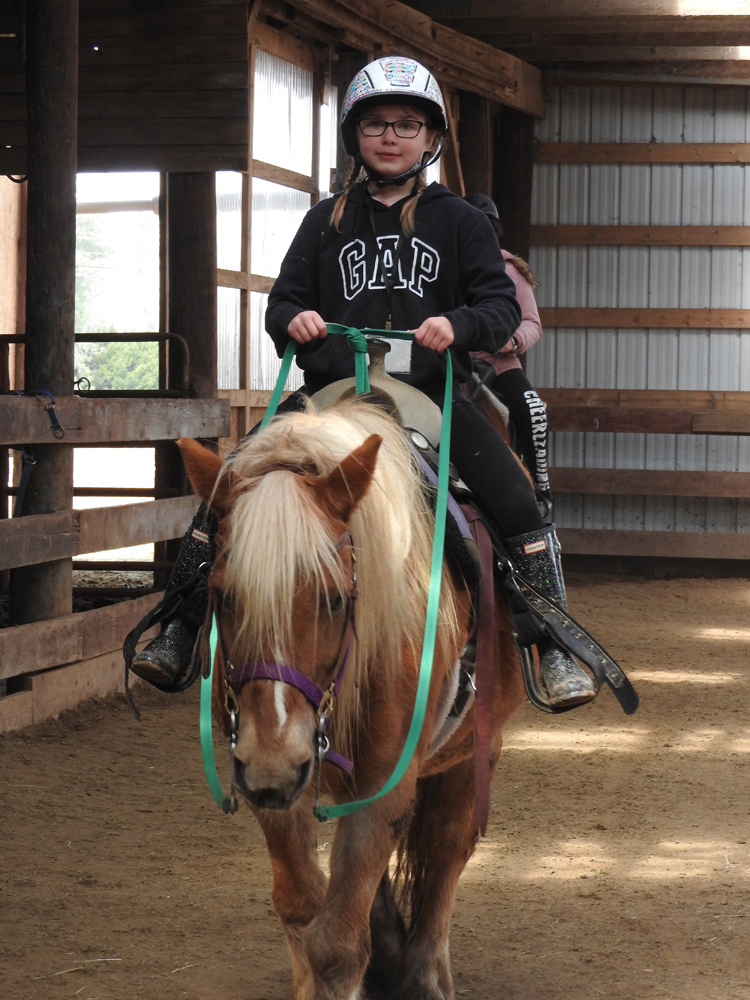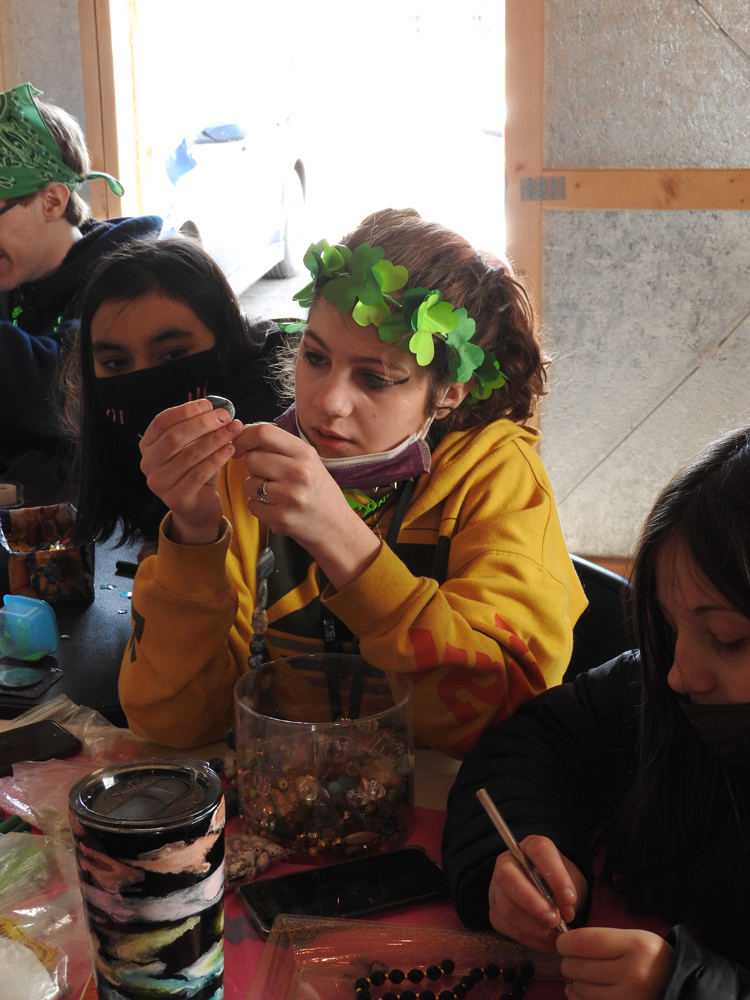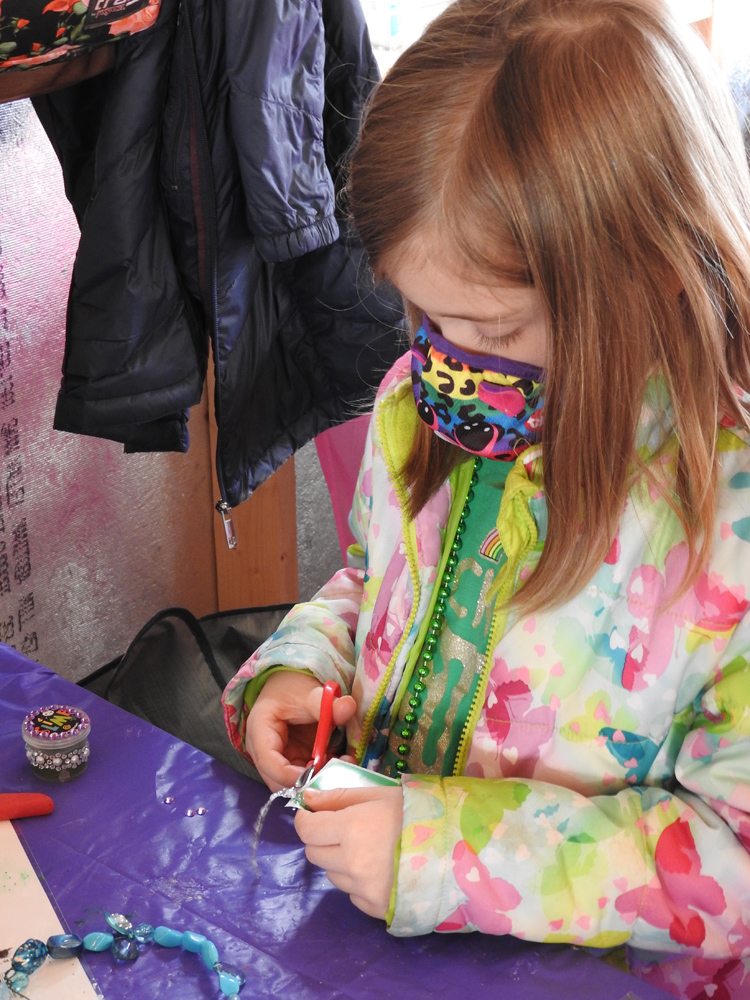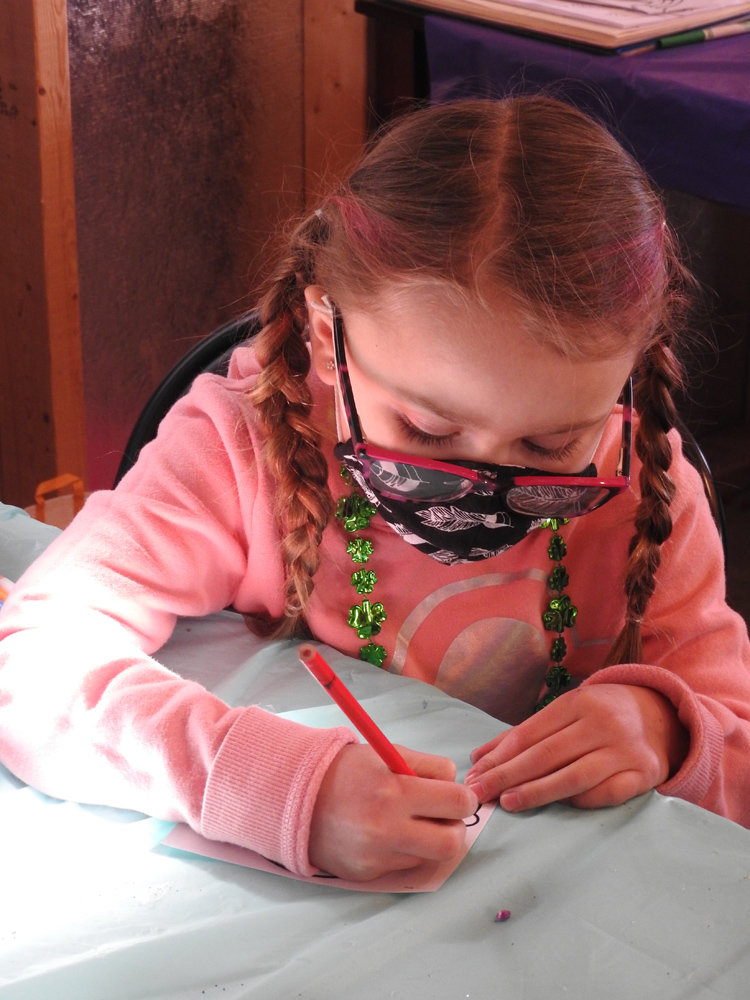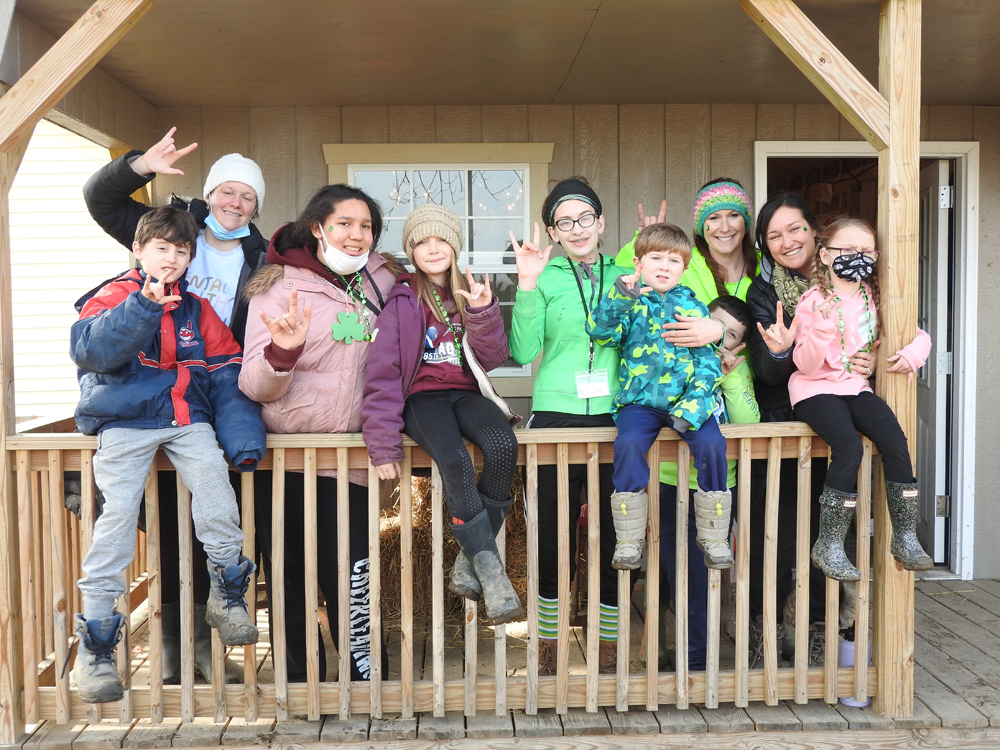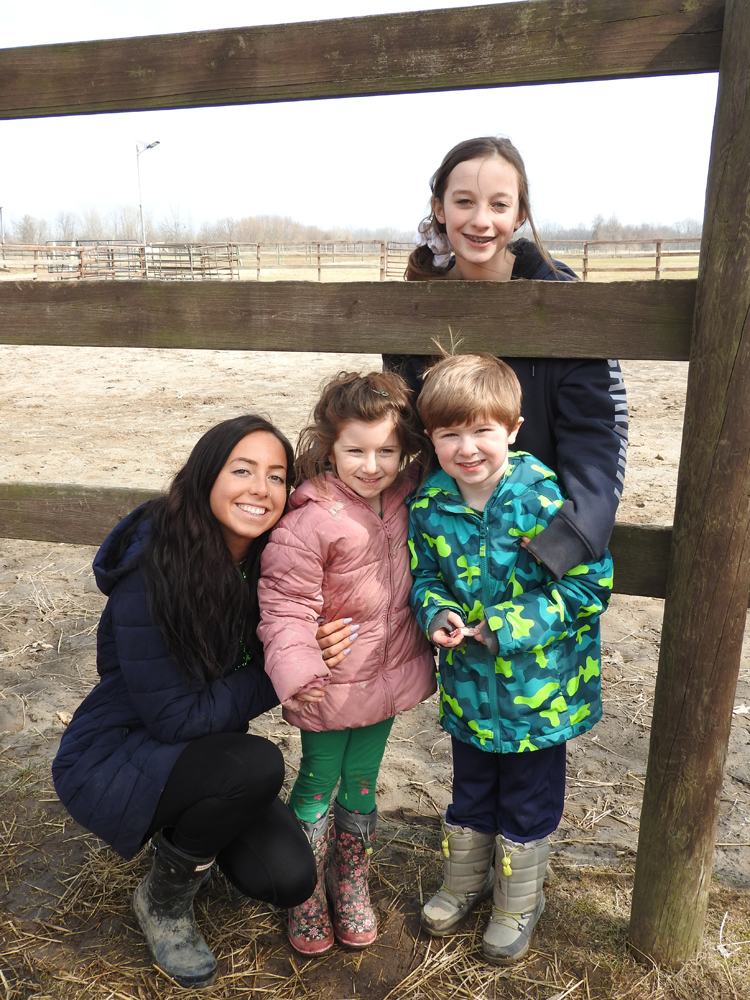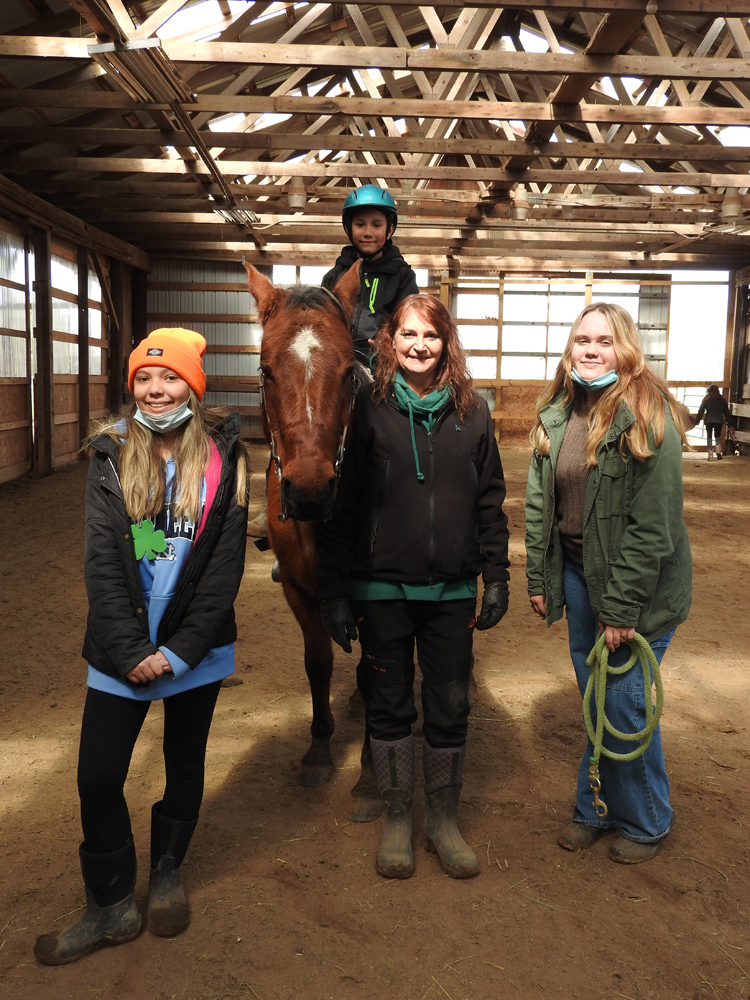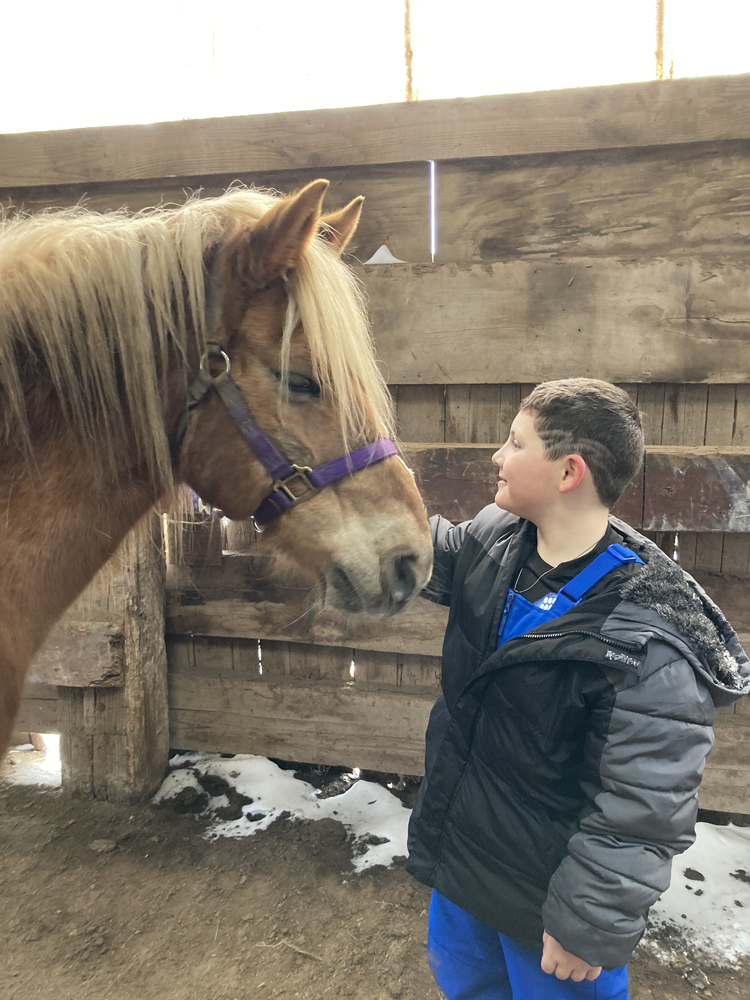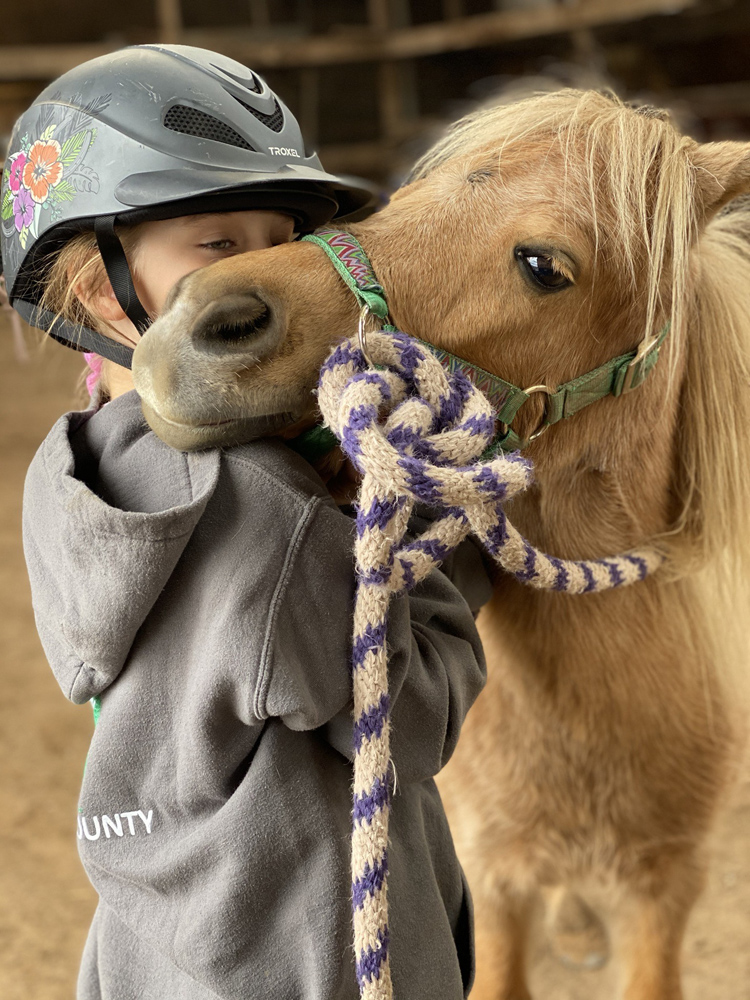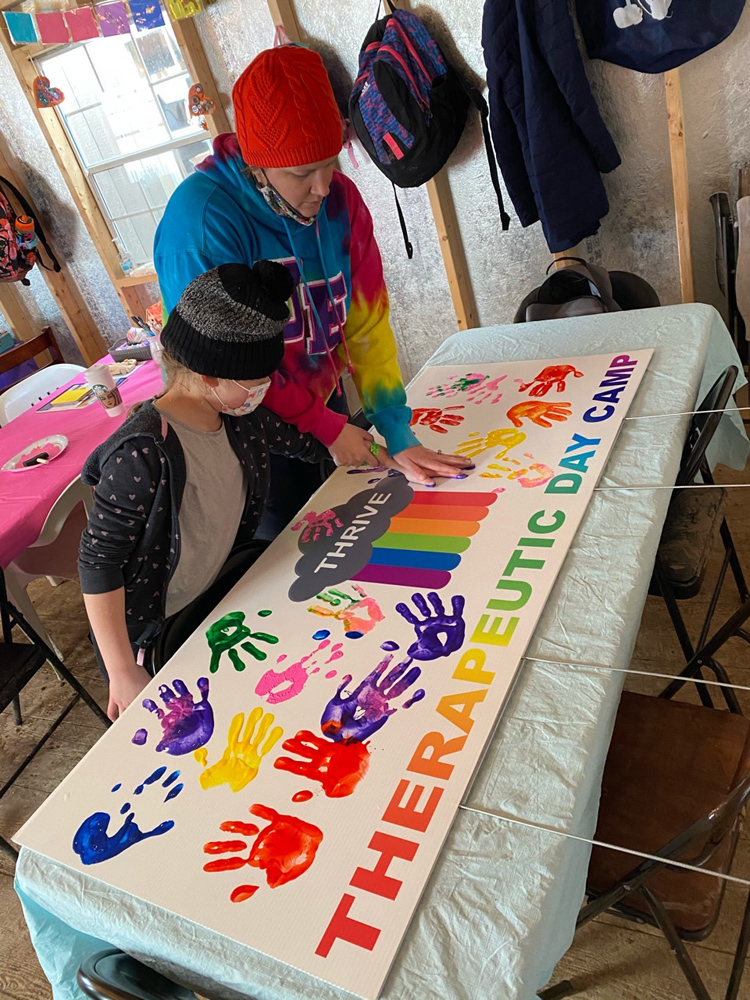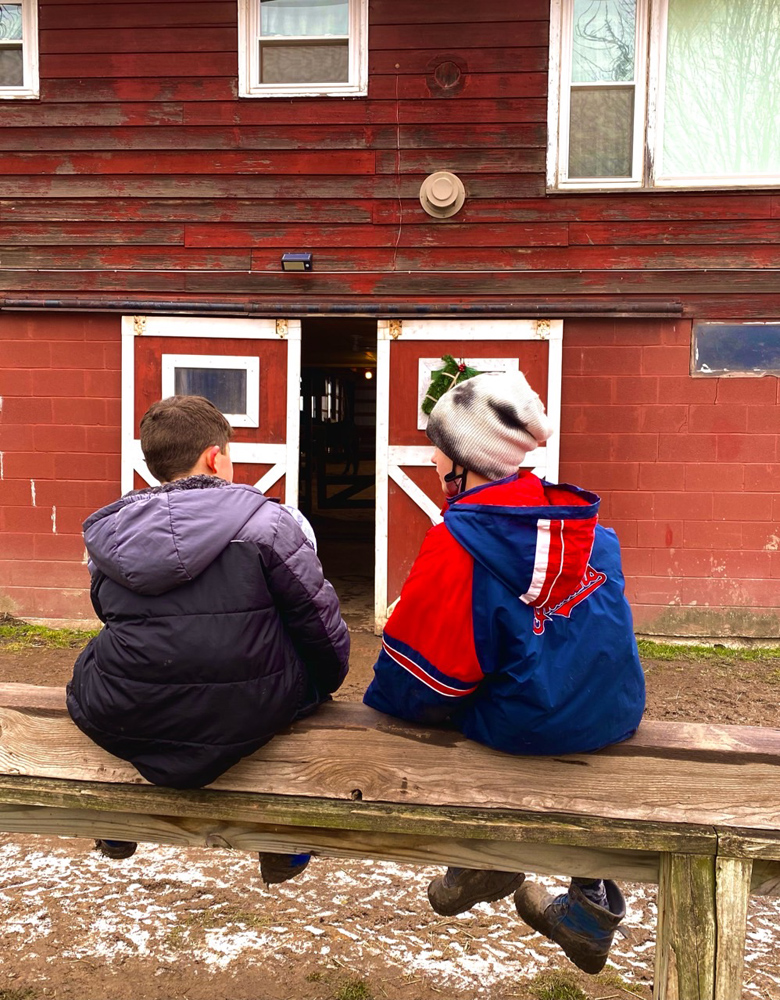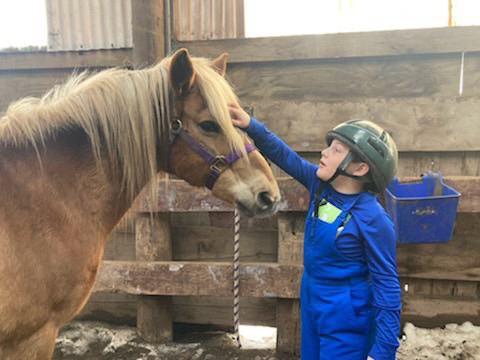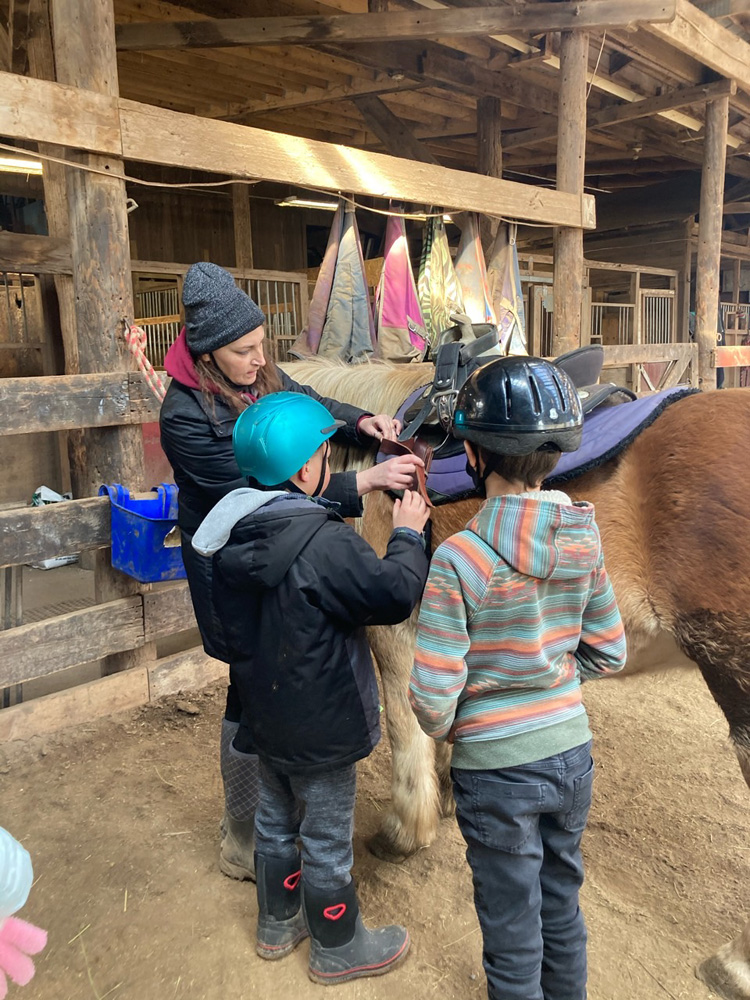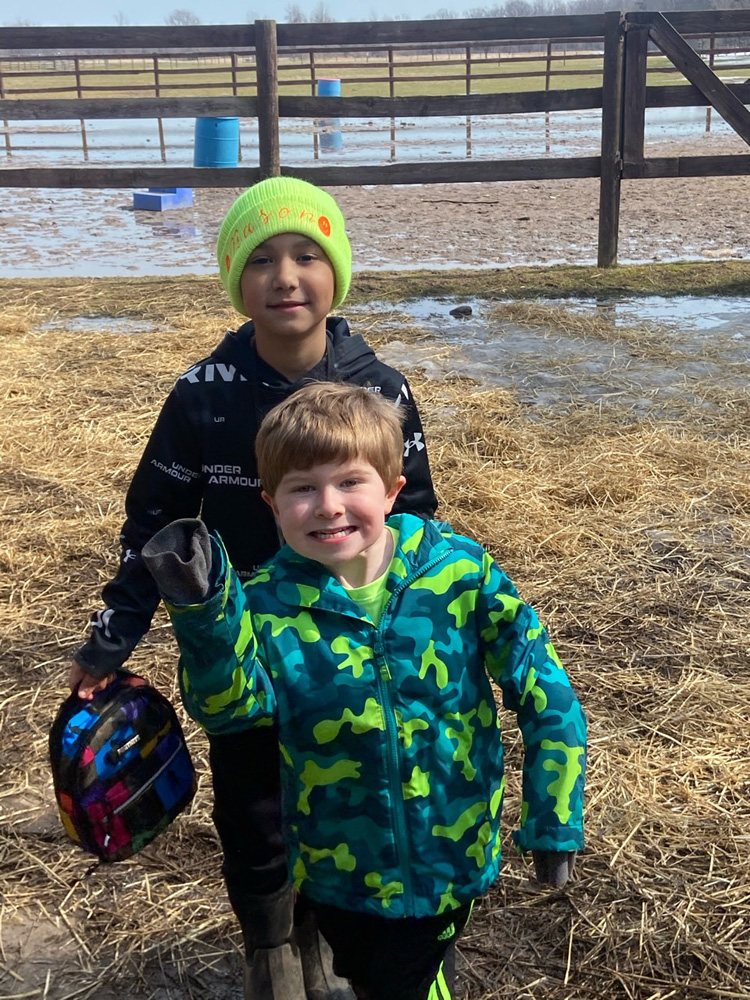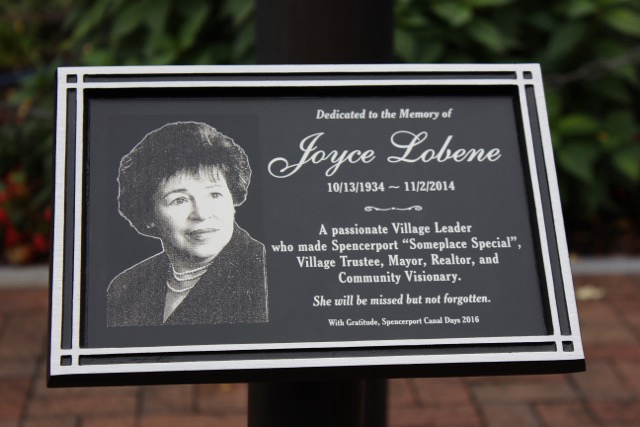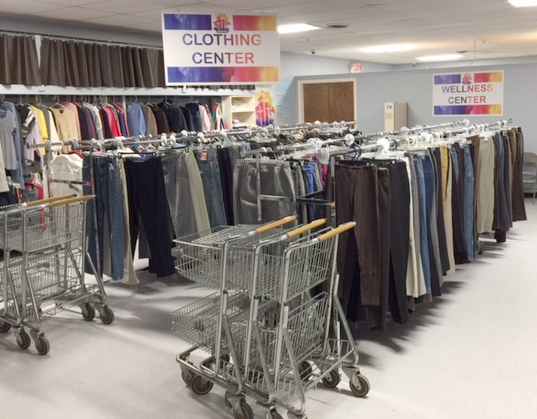Helping Kids to Thrive
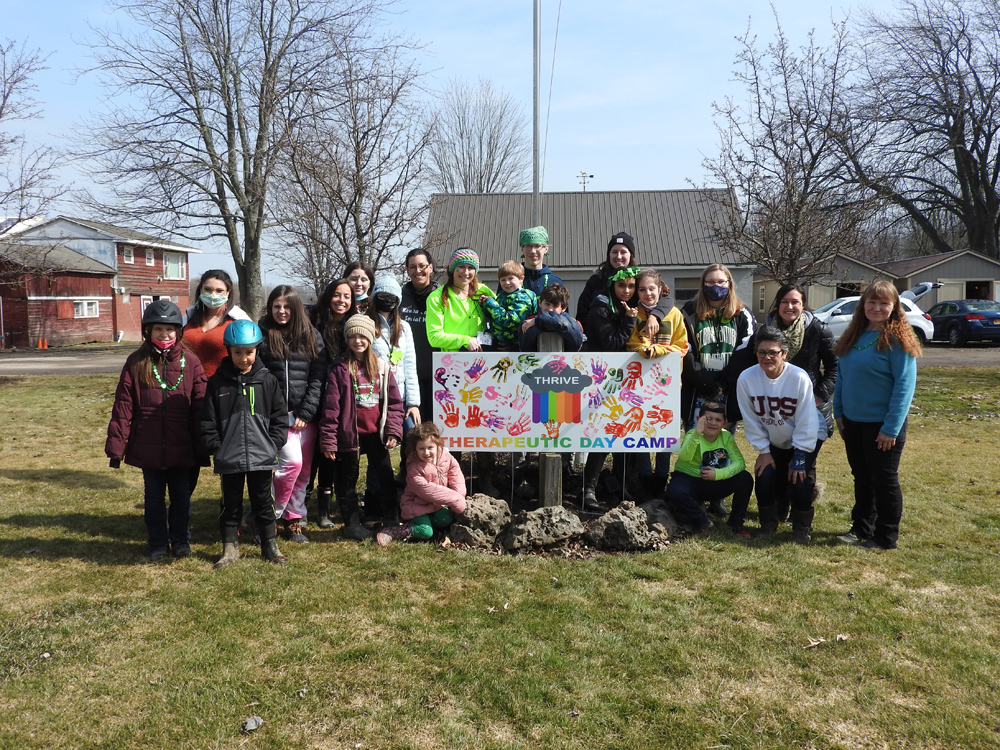
As many parents know, children need socialization to thrive; it is an important part of their development and happiness. With the onset of the pandemic, socialization was severely restricted. Children could not see their friends, teachers, coaches, and even some family members.
Loneliness caused by the pandemic is particularly tough on children; they have a harder time communicating their feelings and are unable to rely on familiar coping strategies such as visiting with friends. Loneliness in children and adolescents is also worrisome because it can have long-term effects. Research shows that loneliness in kids, especially over extended periods, is linked with mental health conditions such as depression and anxiety in the following years. Due to heightened stress and reduced access to health care, the COVID-19 pandemic could also worsen children’s existing mental health conditions.
Social distancing measures also prevent kids from spending time with their peers during an important period of growth and social development. Friendships with other children can give kids crucial support, build a sense of belonging, and help them to develop personal identities.
In children around the age of ten, socialization takes on an increased significance, according to Dr. Ronald Dahl from the Center for Developing Adolescent at UC Berkley. According to Dr. Dahl, social skills are crucial to children at this age and cannot be taught by Zoom lessons. This is even more important in the teenage years when kids are finding their niche and opportunities to shine.
Dr. Kelly Newby, a clinical psychologist, saw the weight of social isolation on children and felt passionately that she had to do something. “After seeing six and seven-year-olds with suicidal thoughts, I could not sit and do nothing,” she said. Newby decided it was time to take action. She and her staff of licensed therapists began to create a Therapeutic Day Camp called Thrive. This Day Camp presented an opportunity for all ages to engage in a socialization movement. The camp began in September of 2020 at Manitou Hill Farms, in Hilton, as a full-day camp that met in person. The owner of the horse farm, Jane Gebhardt, generously opened her facility to the Thrive Day Camp on Wednesdays. Dr. Newby brought in extra shelters to create more indoor space and room to break into smaller groups. The staff at Dr. Newby’s office worked to create day-long programs to get kids together in a safe, therapeutic, and educational venue.
The staff provided a structured trauma-informed hands-on learning approach. In addition to the staff at Dr. Newby’s office, Teresa Sheffield joined the team as the lead equine instructor. Sheffield is a Trauma-Informed Riding Instructor who not only specializes in riding but also in PTSD, anxiety, and trauma. The Thrive Camp staff use the great outdoors as the primary setting with plenty of fresh air and nature. Activities range from horseback riding, creative arts, music, yoga – sometimes with a donkey, sports, gardening, and community service projects. “We created an opportunity for adolescents and adults to be empowered, teach, support, and provide valuable mentorship to one another,” said Dr. Newby.
Thrive Therapeutic Day Camp averages approximately 50 children and teens with 12 staff including therapists, group facilitators, riding instructor, psychologist, interns, and volunteers. “The camp is structured to help encourage children and teens to engage in social connectedness, team building, and hands-on learning,” said Dr. Newby. The interactiveness of the program is purposefully designed to help combat the issues children have experienced in this past year of social isolation. The participants also work on community service projects to give an added level of purpose. The camp has performed service projects for veterans on Veteran’s Day, helped at a homeless shelter at Christmas time, and worked with the ongoing Colorful Hugs program, which brings smiles to residents at local nursing homes. According to Dr. Newby, “The goal of the camp is to normalize mental health, provide alternative socialization, therapeutic educational opportunities, and support to tackle typical conflicts while improving social communication skills.”
Dr. Newby encourages all parents to check in with their children regularly by asking how they are doing and by supporting their emotions. She finds that sometimes parents are afraid to ask, fearing that they might validate possible negative behavior. “How is this affecting you? is a great question to ask your child,” Dr. Newby said. Validating your child’s emotions is what helps get them to the other side. As the pandemic restrictions slowly return, work towards a semi-normal climate. Dr. Newby sees the light shining through, but she also sees some clouds as the focus shifts from the physical concerns of the virus to the emotional damage caused by the long-term social isolation. “Carrying respect for both physiology and psychology, with humble leadership and common sense in our pockets, it is time to open our doors, hold hands again, and resume humanity. If we take the initiative, expecting the mental health consequences rather than ignore them, we can come out of this stronger together,” she said. To learn more about the Thrive Day Camp or if you are interested in volunteering at the camp, visit https://www.drkellynewby.com/donate.php#dayCamp
In addition to the therapeutic day camp, there are many other socialization programs available for children throughout our area. Town and community recreation departments offer children’s programs ranging from arts and crafts to athletic programs, often at little to no cost. Visit your town’s website for information and registration. Several local churches also offer opportunities for children to safely socialize while their parents attend services, and registration will soon begin for Vacation Bible Schools, providing programs for children to be together in a safe faith-based community. Area establishments, including dance studios, theater companies, libraries, and museums offer children’s programs throughout the year. There is sure to be something for every child’s interests.
While the COVID-19 virus is typically benign in children, the implications of the pandemic could have lasting impacts on society’s youngest members with the missing out of social opportunities. Maintaining common sense precautions and providing children essential opportunities to have social interaction is the key to balancing both physical and mental health for children and families. Although their world may not return to what it once was, it is important that parents and caregivers acknowledge how this affects the younger generations and find ways to help them thrive.
